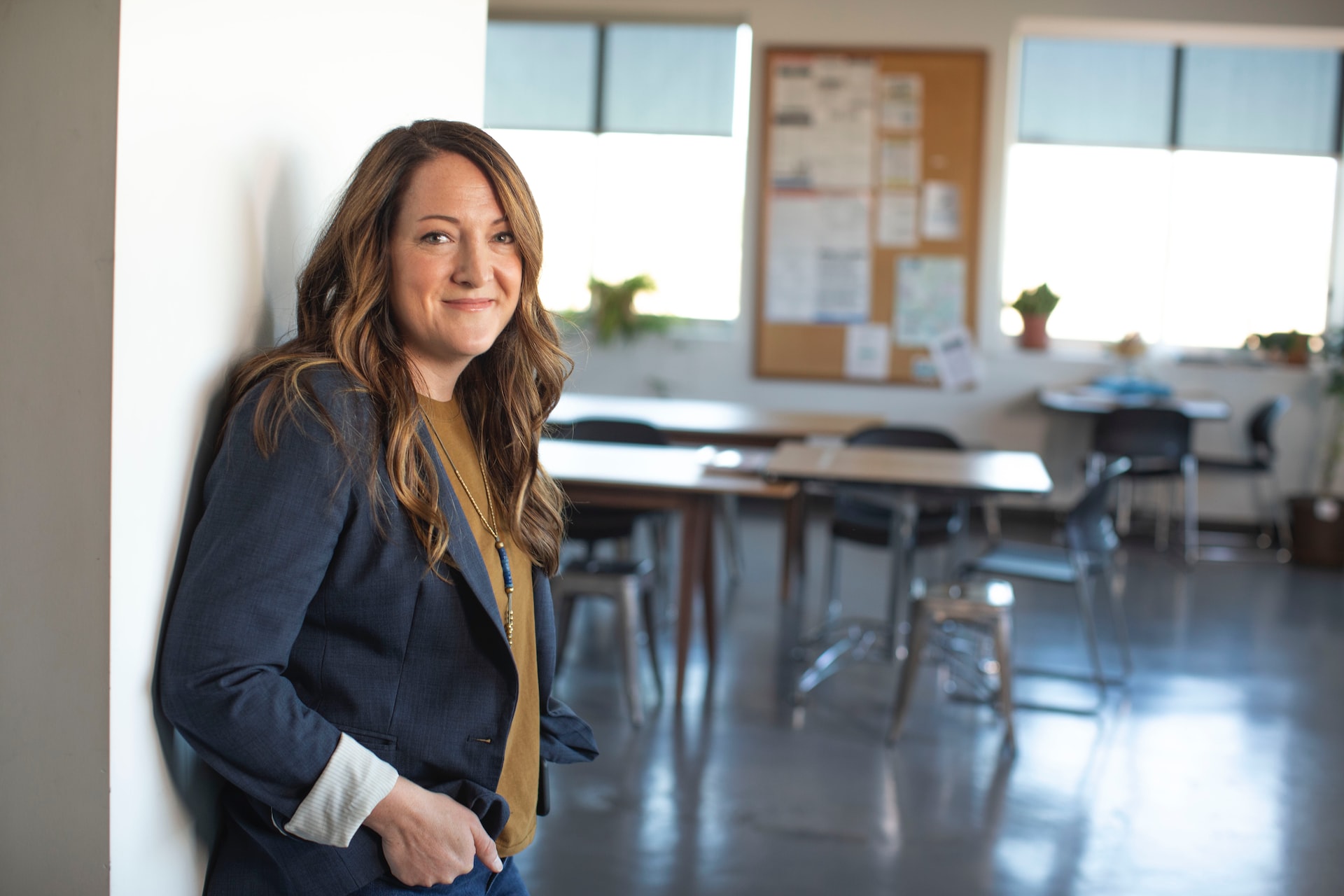The dust is settling from all of the campus firsts—orientation has ended, your students are navigating the dining hall and meal plan, and they are finding a rhythm with their roommates.
If they are like every other student who arrived on campus, there will be some bumps along the way as they embark on this new journey. In today’s connected and hyper-linked world, they will likely look back at their past experiences and relationships for guidance on how to navigate their new world in college.
However, the campus world has been dramatically overhauled in the last decade. Even if parents had a residential campus experience of their own, comparing those experiences to life on campus today may be tricky. The days of one public phone on the residence hall floor have been replaced by cell phones and WhatsApp; the desperate phone call to “send money quickly” has evolved into a simple Venmo request; being stranded on campus has been practically eliminated by the ease of requesting an Uber or a Lyft.
Yet one thing hasn’t changed. That is our human need to connect with others.
Here are 5 tips to offer your student as they pursue meaningful connections with others on a new campus.
1. Change Your Perspective | Who else might be looking for a friend?
Remember, all new students are just that, new students. Sometimes, we feel like we are the only ones experiencing something. It is helpful to remind our students that the other new students are looking to make new friends too. Encourage your student to be the one to look for the person who needs a friend; instead of waiting for someone to find them, encourage them to be the friend to someone else. Who could they reach out to form a class or their residence hall?
2. Give Back | Volunteer for Service
According to www.genhq.com, this generation is about to change the world more than other recent generations; they are ready to get involved and take action toward the problems they see. Ask your son or daughter if they have found a group on campus that is tackling an issue they care about on campus or in the community. Encourage them to ask student government officers or student affairs staff about socially-conscious clubs or organizations on campus.
3. You’ve Always Wanted to Try It | Find a student club or organization.
As first-year students are experiencing the tension of being simultaneously comfortable and uncomfortable, it may be a good opportunity for them to also build and develop their curiosity. As Brené Brown has written in Dare to Lead, when we are curious, we may feel uncertainty but at the same time increase our desire to learn and engage. Do you know something your student has expressed curiosity about in the past: a hobby, sport, or talent? Exploring these curiosities not only allows them to test the waters but introduces them to a new group of people who have common interests. Ask them to tell you two or three new things they would like to try this semester.
4. Location Matters | Turn off your screens for a night and get out of your room.
Not surprisingly, college campuses are often surrounded by towns and communities that cater to their needs—coffee shops, outdoor spaces, restaurants, etc. Suggest to your student that they ask acquaintances about new favorite spots and try to go and visit them together. If they haven’t found any favorites, then what a great opportunity to ask someone to come along and pick a few to test and create a list of the “best spots in town!”
5. Mind. Body. Spirit. | Good health means taking care of our whole selves.
We know that being healthy means we recognize the interconnections between healthy minds, healthy bodies, and healthy souls. Ask your son or daughter if they have taken a walk or jog in a while. Encourage them to go for a walk around campus while they are talking to you on the phone, maybe even video chat and show you places they like to visit around campus. Check in on their spirit too—depending on your tradition, are they relaxing with yoga or finding time to pause and practice a few minutes of peace?
FGN-2961203PR-Y0624W








